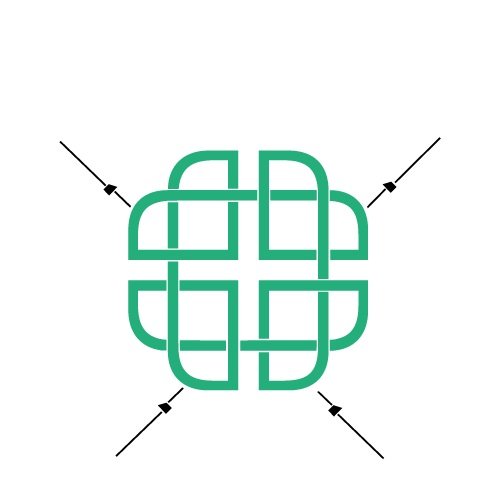Handling Multiple Lifters at Mega Meets
Travis Cooper gave me the idea for this blog post. Congratulations, by the way, to him for his recent performance at the San Diego Grand Prix meet this past weekend.
The growth in Weightlifting the last decade has seen our meets go from poorly attended one platform affairs to events with up to five platforms and up to eight sessions a day. The first of these mega meets was the American Open in Reno, Nevada in 2015. I took over 30 of my own lifters to that meet and coached another eight for Coaches who couldn’t make it.
If you have two lifters on adjacent platforms, I suggest you warm them up on the same platform in the back room. Choose a platform on the edge of the border so that you can easily go to and from the Marshall table for each platform. You will be the one counting attempts, making tactical and strategic decisions, and walking back and forth between, or among, platforms. You must go to see every platform and every lifter as they warm up, and it’s important you try to see each lifter’s attempts. If you don’t or can’t the lifter has to be prepared for that circumstance. No lifter can be more or less important than another; they all need your support. However, you must prepare the lifters for the times when you have to stay at a platform- your lifter may need you to help calm or excite them for a lift, they may be having a rough meet, etc. When your other lifters trust that you will be there for them when they most need you, they’ll let you down for missing a first attempt.
The best thing you can do to succeed in these situations is to have a good support crew of other coaches, either from your team or friends from other teams. The support crew should consist of a trusted Coach for the platform- someone you KNOW has the same ideas and beliefs you do, someone who will make the same calls as you, and someone who commands respect from the athlete with whom their working. This coach will also read the warm up sheet that you made with the athlete; you’ll tell the coach the count and they’ll get the athlete, or athlete’s, moving. They will also get the bar loaded for the lifter. That’s where the rest of your support crew comes in; they need to be competent loaders who know when to shut up and not distract the primary athlete or athletes. There is no rest for folks in the back on the platforms for warm-ups; they work harder than the lifter does who is in that session. For that reason the support crew shouldn’t be lifters on your team who are in the next session or two. You want them well rested for their own lifting. I like to keep people from helping out the day they lift, and the day or two before they lift they should only help for one or two sessions.
Obviously, developing these coaches and lifters requires you to establish a program and build relationships. You have to also have coaches and lifters who buy into your system. Nothing is more important than the team and family you create.
